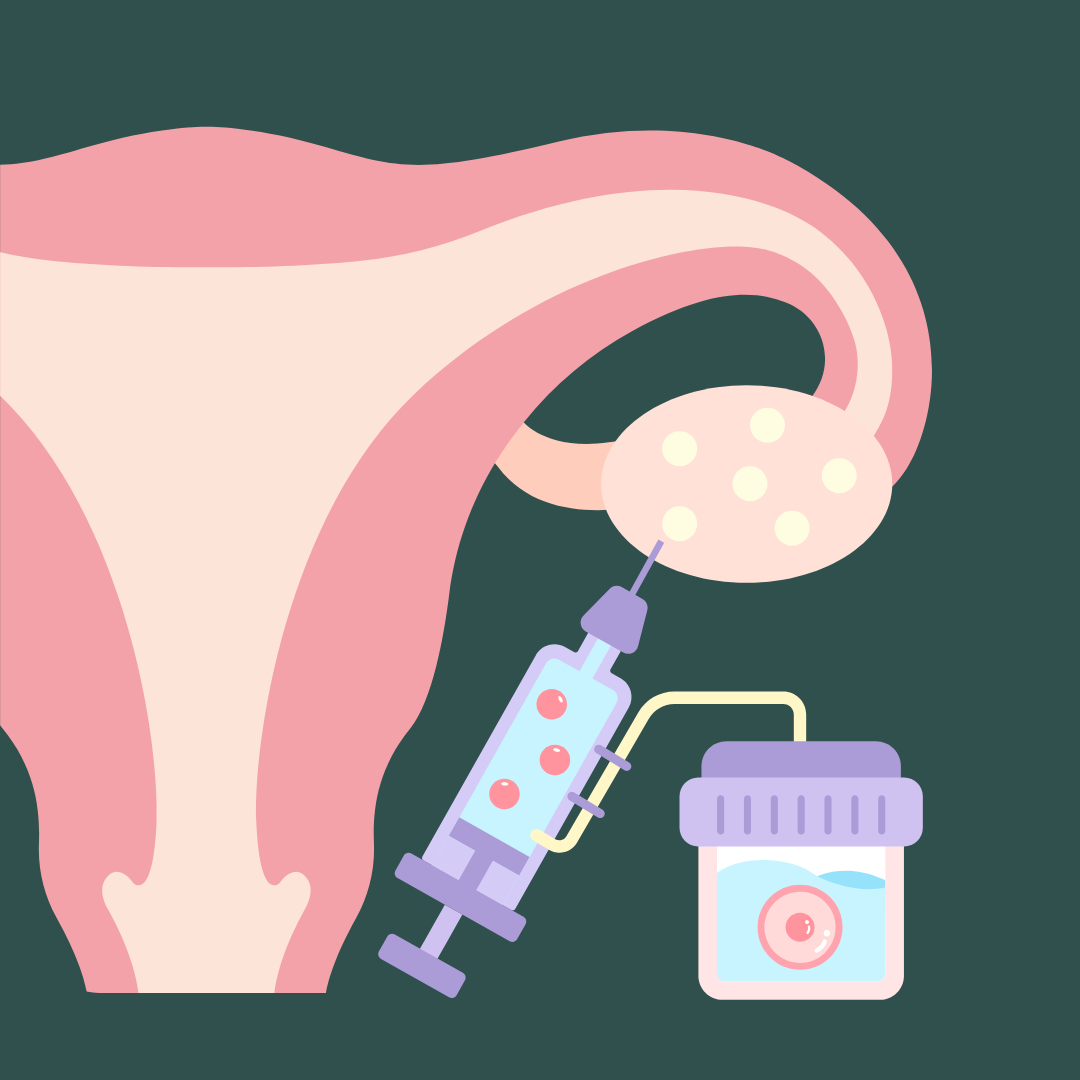Bartering Your Eggs: A Rotten Deal
By Arthur Caplan and Gwendolyn P. Quinn,
Hastings Bioethics Forum
| 08. 17. 2023
The technology associated with assisted reproduction has grown exponentially in the last two decades. Planned oocyte and sperm freezing, posthumous reproductive genetic testing, and egg and donor sperm brokering are expanding infertility services. Demand has grown, as well. Estimates suggest there are now over one million donor-conceived children, about 10,000 per year. The use of donor gametes has allowed people with infertility or other medical conditions to achieve their parenthood goals.
The settings in which services are delivered are rapidly evolving, too. What was once only offered by academic and private medical facilities has become a burgeoning platform for start-ups, private equity firms, and international entrepreneurs. Corporations are offering insurance coverage for egg freezing for their young female employees. Around the country, egg freezing and egg shower parties market services to women. There are approximately 1,500 sperm banks and around 1,900 egg banks across the world with profits for sperm banks estimated at over $4 million in 2019 and for egg banks $487 million in the U.S. alone.
However, there is significant reproductive injustice and lack of access...
Related Articles
By Diaa Hadid and Shweta Desai, NPR | 01.29.2026
MUMBRA, India — The afternoon sun shines on the woman in a commuter-town café, highlighting her almond-shaped eyes and pale skin, a look often sought after by couples who need an egg to have a baby.
"I have good eggs,"...
By George Janes, BioNews | 01.12.2026
A heart attack patient has become the first person to be treated in a clinical trial of an experimental gene therapy, which aims to strengthen blood vessels after coronary bypass surgery.
Coronary artery bypass surgery is performed to treat...
By Staff, ScienceDaily | 01.05.2026
Scientists at UNSW Sydney have developed a new form of CRISPR technology that could make gene therapy safer while also resolving a decades-long debate about how genes are switched off. The research shows that small chemical markers attached to DNA
...
Following a long-standing CGS tradition, we present a selection of our favorite Biopolitical Times posts of the past year.
In 2025, we published up to four posts every month, written by 12 authors (staff, consultants and allies), some in collaboration and one simply credited to CGS.
These titles are presented in chronological order, except for three In Memoriam notices, which follow. Many more posts that are worth your time can be found in the archive. Scroll down and “VIEW...




